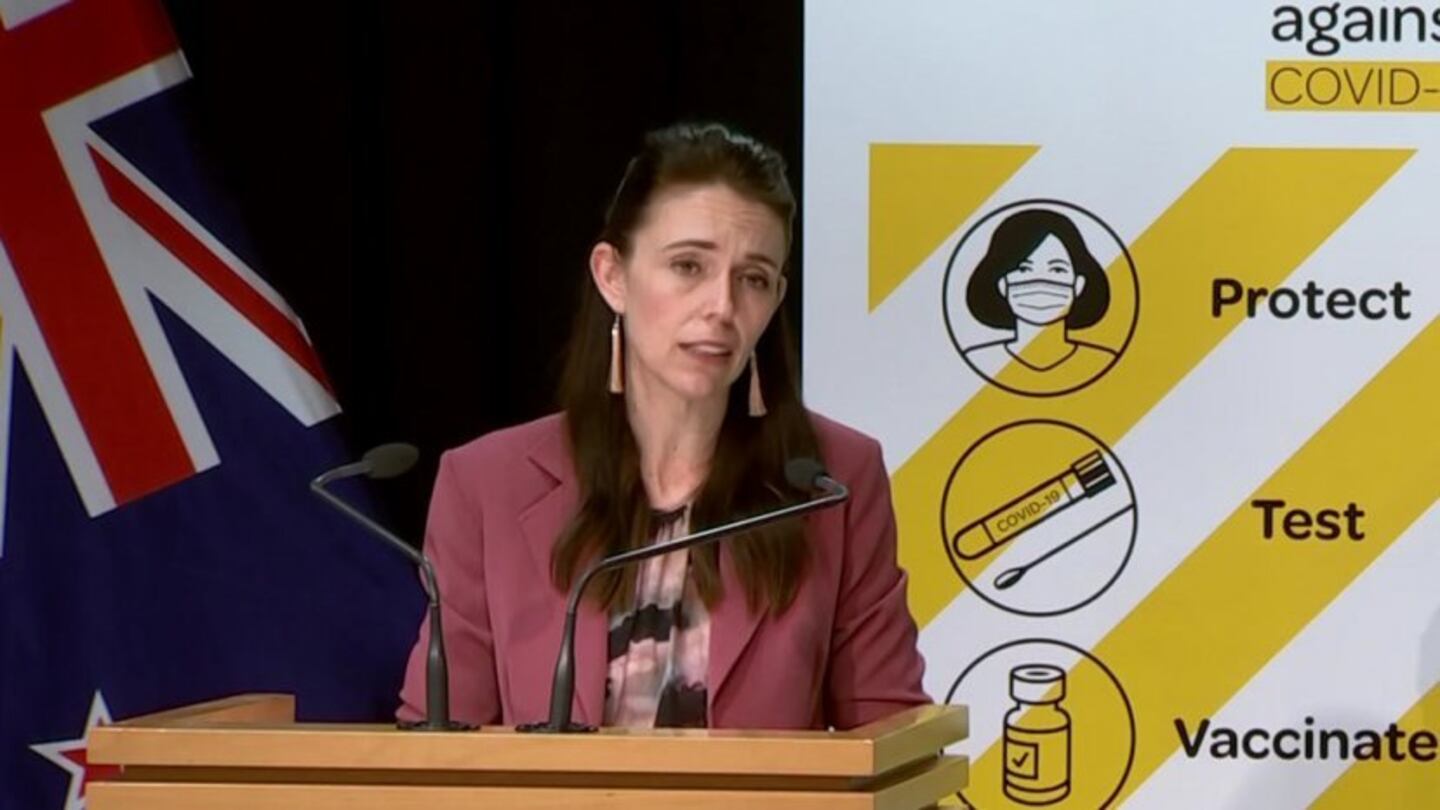A defensive Prime Minister has quashed any claims that the government has ignored the needs of Māori in the vaccination rollout.
Questioned by the media today on the work done to collaborate and communicate with Māori health providers, Ardern continued to defend the work the government has done to increase the Māori vaccination numbers including data sharing and discussions with district health boards and Māori and Pacific health providers.
She also said that work is one of the reasons that Associate Health Minister - Māori Peeni Henare would join her in the 1 pm briefing on Tuesday.
Ardern said hearing the barriers that could be in the way for Māori providers over the past two to three weeks had sparked conversations although Te Ao Mārama has been asking about the Māori vaccination rollout and whether or not it's working, the effects of lockdowns on wellbeing, testing centre locations, vaccine education, and access for months.
Dr Rawiri Taonui, a Māori researcher in partnership with Te Ao Māori News said in September that Māori were at the top for having the highest number of case
Ardern said that while resources were being distributed well from some district health boards to the regions, in others: “it was more difficult.” She said areas where resources were harder to access “need to change”.
Thumbs down
While the prime minister was adamant that conversations have been had with Māori leaders and health providers, an alliance of Māori leaders and groups today rejected the government’s ‘traffic light’ plan after meeting for days to discuss the proposed next steps for the government.
Mike Smith was one of those leaders in that meeting and in a statement said, “a strong joint statement was presented to the Crown last night to make it absolutely clear that we reject the Traffic Light Framework.”
National iwi chairs pandemic response group chair Lisa Tumahai said “Māori and Pacific vaccination rates have to increase to the same level as other New Zealanders otherwise the infection and mortality rate will disproportionally affect our vulnerable communities.”
Smith said “the vaccination strategy failed Māori and Pacific communities because it didn’t recognise the different demographics in our respective communities. Pākehā have a high number amongst its elderly. For us, the highest proportion of our population is our youth so when the government's tier approach targeted the elderly, it did not reach into our communities.”
Ardern defended her position saying her government is talking to various different groups and said that while the government shared things it might not always be at a point where it has concluded how it will happen. “We said when we had a highly vaccinated population we would do things differently but safely and we will.”

